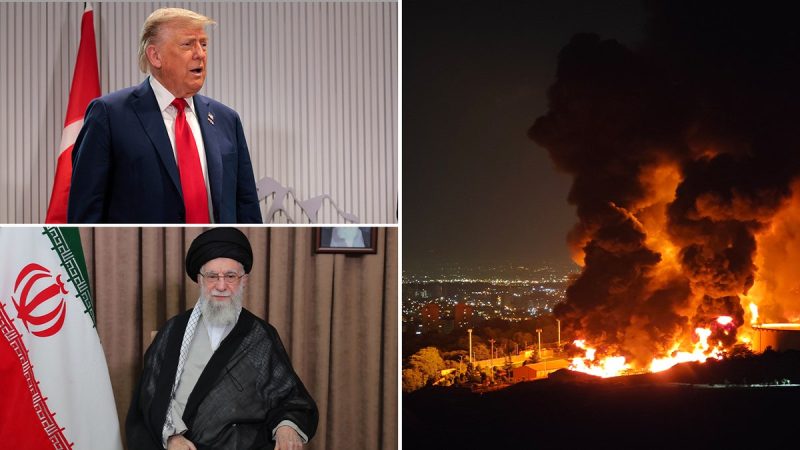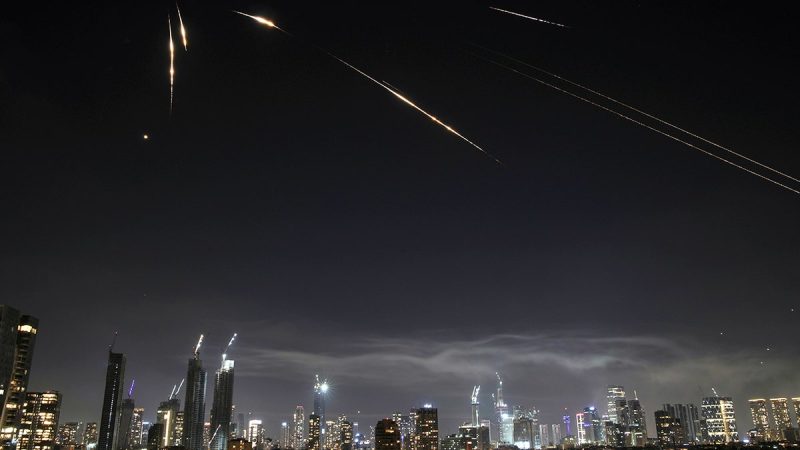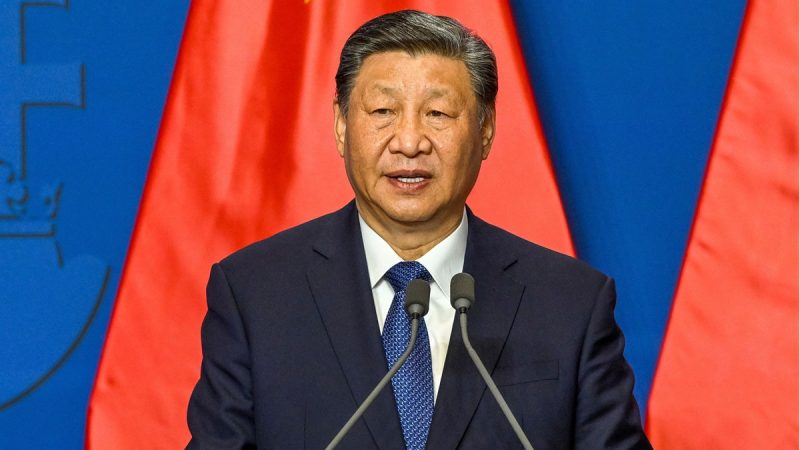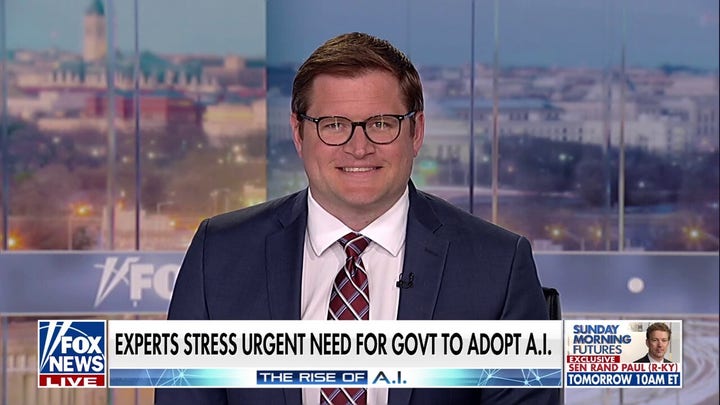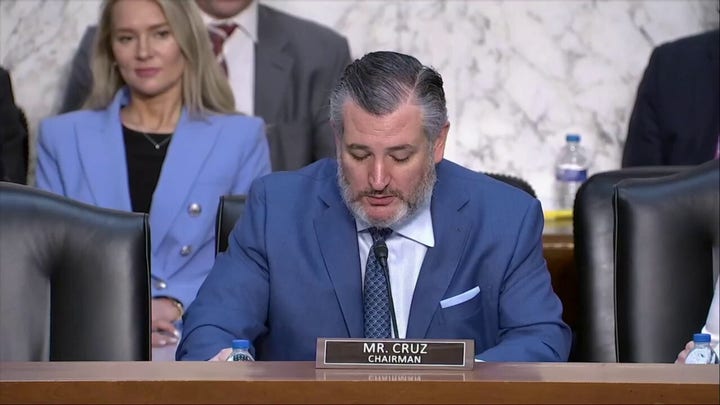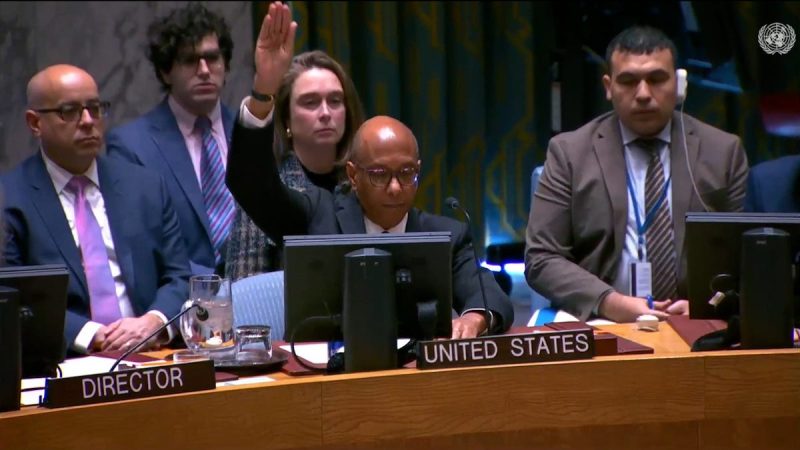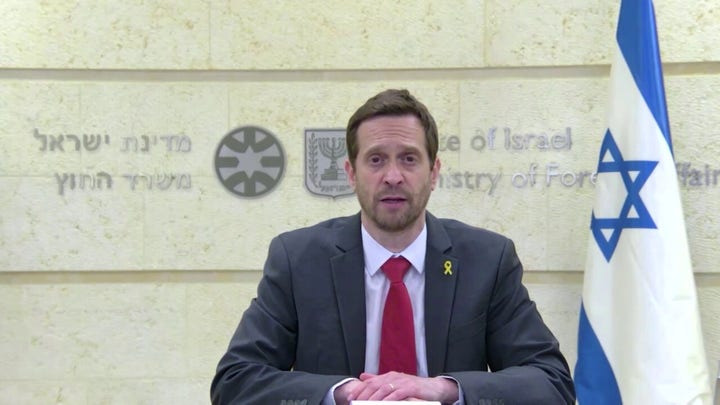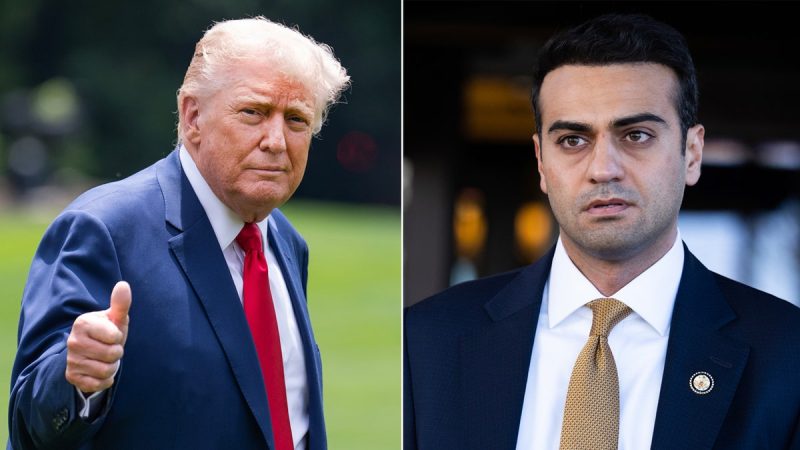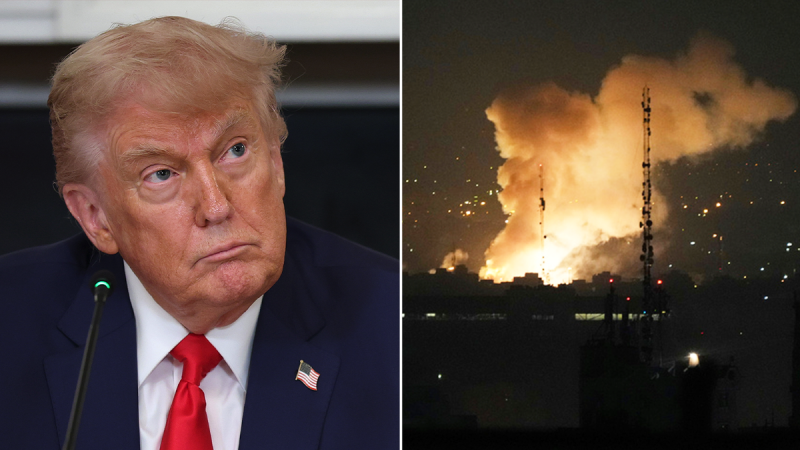
The question of a ‘day after’ plan in the Gaza Strip has plagued negotiations between Israel, the U.S., Arab nations and Hamas for months and has ultimately led to the terrorist network’s refusal to release the 55 hostages still held there.
However, foreign policy leaders and security experts based in Washington may have the key that could provide a solution to help rebuild the war-torn Gaza Strip where others cannot: private security contractors (PSC).
PSCs, which have heavy experience in the Middle East and decades of lessons learned to draw from, could be used as non-state actors to provide stability and a path forward for the Palestinians, but they would have to start with humanitarian aid, John Hannah, former national security advisor to Dick Cheney and current Randi & Charles Wax senior fellow at the Jewish Institute for National Security of America (JINSA), told Fox News Digital.
In a plan hatched out following Hamas’ Oct. 7, 2023 attack on Israel and the subsequent outbreak of war in the Gaza Strip, a group of eight members with JINSA and the Vandenberg Coalition comprised a report that detailed how the handling of humanitarian aid could completely change security in the region.
The plan, in part, initially looked similar to the mechanism known as the Gaza Humanitarian Foundation (GHF), which is backed by the U.S. and Israel, and which launched last month to distribute aid to Palestinians.
However, the plan comprised by Hannah and the team took it a step further and argued that these aid actors should also be involved in rebuilding Gaza.
‘We thought humanitarian issues was the best way [forward],’ Hannah said. ‘It was the common denominator that would allow all of the major stakeholders that want to get to a better ‘day after’ – Israel, the United States, the key pragmatic Arab states – they all could agree that we can’t agree on a political vision for Palestine 10 years from now, and the issue of a Palestinian state, but we can all agree on this apple pie and motherhood issue that we don’t want to see starving, suffering Palestinians.’
The Israel Defense Forces had already detailed the need to eliminate Hamas following the deadliest-ever attack on Israel, but the group of eight experts also identified that aid, long used by Hamas to maintain power by using it to incentivize support and recruitment, and to punish opposition, needed to be the key to cementing actual change.
‘We needed a solution on humanitarian aid,’ Hannah said. ‘And when we looked around the world, who could do this, take over the humanitarian aid? We were left with one option.’
‘We didn’t think it should be the Israel Defense Forces. Israel lacks legitimacy with the Palestinian population, and frankly, it had its hands full doing the military job of defeating Hamas,’ he added. ‘American forces weren’t going to do it. We didn’t think Arab forces would step up and do this. And the U.N. system as it existed under UNRWA was illegitimate in the eyes of Israel.’
The group not only briefed the Biden and Netanyahu administrations on the proposal, but held numerous discussions with Israeli officials in 2024 on how such a plan could work.
Retired U.S. Army Lt. Gen. Michael Barbero – who served as deputy chief of staff, Strategic Operations for Multinational Forces-Iraq for 2007-2008 and who was tasked by Gen. David Petraeus to create a system of accountability over PSCs in Iraq following the Blackwater incident in September 2007 known as the Nisour Square massacre – also briefed Israeli officials on how a PSC mechanism could work in the Gaza Strip.
Progress on the proposal appeared to stall by summer last year as then-President Joe Biden and Israeli Prime Minister Benjamin Netanyahu were at increasing loggerheads over humanitarian concerns and mounting civilian Palestinian death tolls.
However, Hannah questioned whether the seed had been planted with Israel by the time the Trump administration re-entered office, enabling the GHF to come in and start distributing aid.
The GHF, though it has distributed over 16 million meals since it began operations in late May, saw a chaotic start with starving Palestinians rushing certain sites and reports of violence unfolding.
Though the reports of the level of chaos have reportedly been exaggerated by Hamas – which ultimately would benefit from the GHF’s failure as experts have explained – the group initially drew some criticism over transparency concerns, though the group has been looking to remedy this with regal updates.
The group, which saw its third leadership in as many weeks earlier this month, told Fox News Digital that despite some frustration among world leaders and aid groups, its goal is to work with major organizations like the United Nations and others to better distribute aid across Gaza where those programs are still flagging.
U.S. Ambassador to Israel Mike Huckabee confirmed last month that the GHF’s distribution centers would be protected by private security contractors.
Though while Washington backs the effort, State Department spokeperson Tammy Bruce has repeatedly made clear that the GHF is ‘an independent organization’ that ‘does not receive U.S. government funding.’
However, she has also refused to confirm whether any U.S. officials are working for the program.
PSCs have a storied history in the Middle East, and not only the U.S. war on terror. They have been used by nations like Saudi Arabia and the UAE, which could lend them a level of acceptance that would not be attainable by another force.
The proposal issued by Hannah and his colleagues took the use of PSCs one step beyond humanitarian aid and argued they could make a positive impact in the actual reconstruction of the Gaza Strip – an idea that was also presented to the Trump administration this year.
‘It’s not at all foreign to these Arab parties that you might employ PSCs for certain critical missions,’ Hannah said. ‘Our idea was, let’s scale it up. Let’s unify the effort. Let’s have America and the Arabs lead it.
‘The Arabs would put in most of the humanitarian aid workers, a lot of the financing, and then they would hire some of these international PSCs with a lot of experience to come in and protect those operations,’ he explained. ‘You’d have the Arabs engaged, which we thought was absolutely critical.’
The plan also included bringing in other international aid organizations that would work with these PSCs to expand developments like housing projects, community development and infrastructure repair to restore electricity and water.
‘And eventually, hopefully, begin to identify new leadership, local leadership in Gaza, who would be prepared to cooperate with the operations of this nonprofit entity,’ Hannah said. ‘Local Gazans of goodwill, who wanted to be rid of Hamas, who this entity could provide some support to, some protection to so they can, could begin rebuilding Gaza civil administration.’
The plan also addressed the perpetual question of how to deter the next generation of Hamas terrroirsts, particularly amid Israeli military operations.
Hannah argued this issue could be addressed by simultaneously training a ‘non-Hamas new Palestinian, local Palestinian security force’ that would not only have the trust of the local population but could also gain the trust of Israel.
Hannah said he still believes this plan could be a tenable next step to securing the Gaza Strip but urged the Trump administration to take a more direct diplomatic role by leaning on Arab, European and Israeli partners to make it happen.
The White House did not respond to Fox News Digital’s questions about this reporting.
This post appeared first on FOX NEWS
